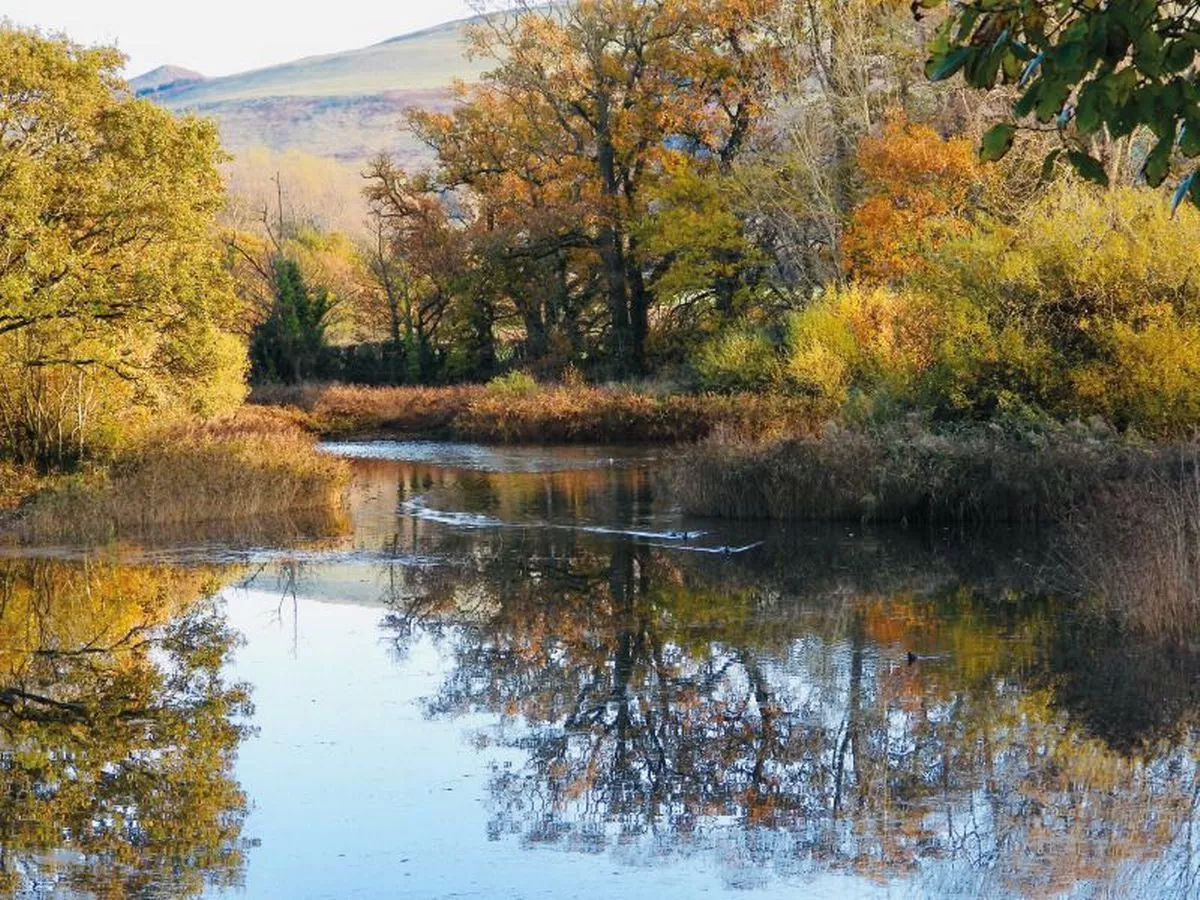Copyright dailypost

A set of lagoons in Gwynedd will return to their historic Welsh name with a dark but fascinating back story. The nature reserve near Tal-y-bont, Bangor , has been called Spinnies Aberogwen in recent years. But the North Wales Wildlife Trust launched a public consultation about bringing back its native Welsh name. Following this they are moving ahead with returning the area to Llyn Celanedd. They will used a phased approach with changes as signage is replaced to reduce the cost of the move. The decision reflects the Trust’s pre-existing policy that, where a property is known by an English name, the Trust will endeavour to determine whether an alternative Welsh name exists and would be more appropriate. Historical literary and geographical information suggests that ‘Llyn Celanedd’ was the last pool within the winding course of the Afon Ogwen before it was straightened in the early nineteenth century. The canalisation process discarded numerous items of environmental and cultural significance: the river mouth and a pool treasured by anglers; a link between land, river and sea; oyster beds – and the given name of this special site. Sign up for the North Wales Live newsletter sent twice daily to your inbox The name ‘Llyn Celanedd’ translates to ‘Pool of Dead Bodies’, a striking reminder of its storied past. During the Middle Ages, the bodies of deceased members of the Penrhyn aristocratic family were carried by boat from Llyn Celanedd, across the Menai Strait, to a special burial ground at Llanfaes on the coast of Anglesey . Established around 800 years ago, this cemetery was reserved for members of the royal family of Gwynedd and other noble families of the kingdom. Among those laid to rest were Siwan, wife of Llywelyn ap Iorwerth (Llywelyn the Great), and Elinor, wife of Llywelyn ap Gruffudd (Llywelyn the Last). The pools visible today provide a haven for waders, wildfowl, kingfishers — and the birdwatchers who come to enjoy them. North Wales Wildlife Trust said it had received wide-ranging support from its members and supporters, neighbours, local individuals and organisations, as well as national bodies including Cymdeithas Enwau Lleoedd Cymru, Cymdeithas Edward Llwyd, Clwb Mynydda Cymru, Menter Iaith Gwynedd, Mudiad Meithrin, Cymdeithas yr Iaith, Dyfodol i r Iaith and the Welsh Language Commission. Chris Wynne, Nature Reserves Manager, North Wales Wildlife Trust, said: “We are privileged to be able to support the reinstatement of an element of our local culture and heritage, especially a place name which captures the environmental history of our surroundings.” Frances Cattanach, Chief Executive Officer, North Wales Wildlife Trust, said: “Our policy is that where a property has an English name, the Trust will endeavour to determine and use its Welsh name. We have been fortunate with this site, as research has uncovered the name ‘Llyn Celanedd’. "We will be adopting a phased approach to implement the name change to ensure funds are not unnecessarily spent. We are extremely careful with our valued funds and changes to information boards, leaflets and other materials, will be done as things need reprinting, or using funds which can only be used for Welsh language-related work.” Join the North Wales Live WhatsApp community group where you can get the latest stories delivered straight to your phone



